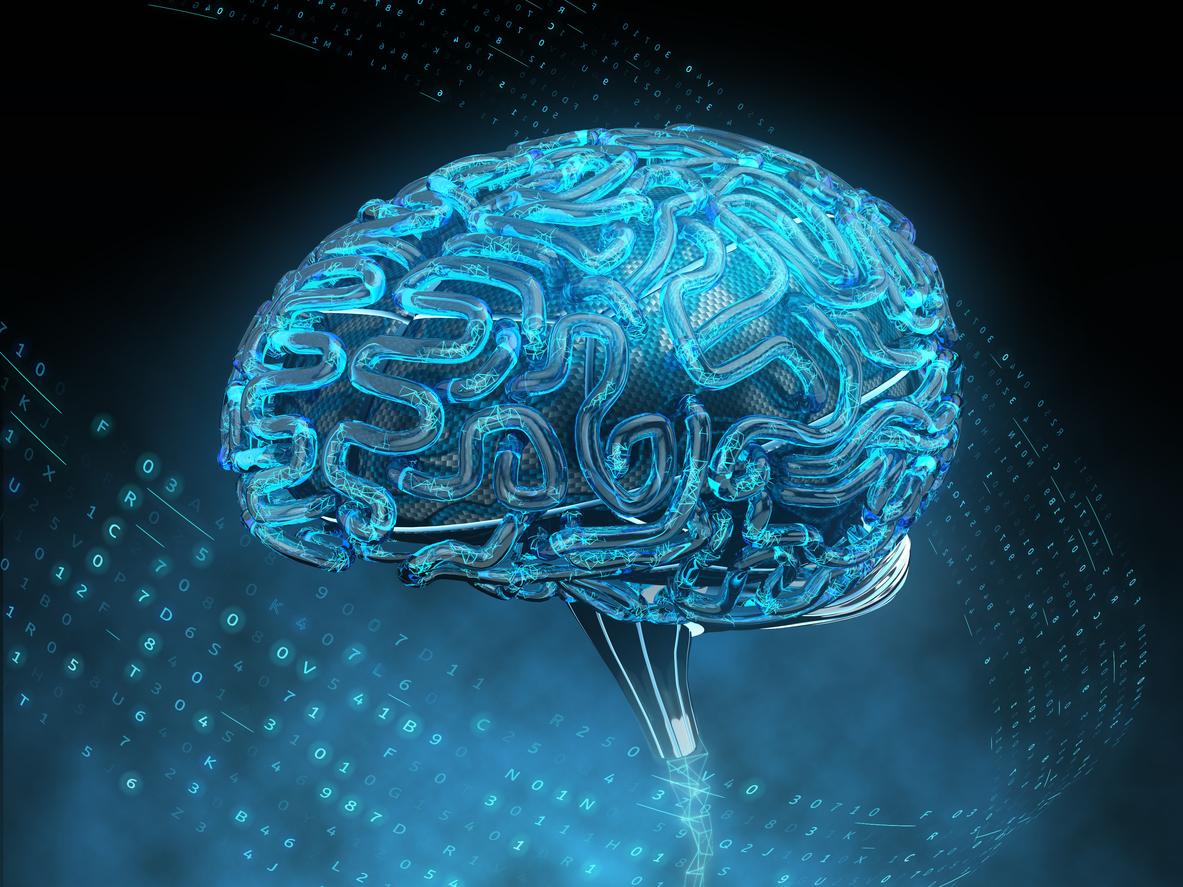Researchers have developed a “neural prosthesis” that helps patients store or remember precise information using electro-stimulation.

- An American team has demonstrated the first successful use of a neural prosthesis helping to recall specific memories.
- 40% of participants who had memory problems and benefited from the device recorded better memory abilities.
- For the researchers, their invention could be used to treat people with memory problems such as people who have had a stroke or suffer from dementia.
Researchers have developed a device that improves the brain’s ability to encode and recall memories through neurostimulation. This “neural prosthesis” could help restore memory in people with memory disorders like Alzheimer’s disease, according to the team from Wake Forest University School of Medicine and the University of Southern California (USC).
Their project was presented in detail in the journal Frontiers in Computational NeuroscienceFebruary 8, 2024.
A neural prosthesis that improves memory abilities
When the brain tries to store or remember information such as “I turned off the stove.” Or “Where did I put my car keys? groups of cells work together in neuronal ensembles that activate to process and use data. Building on this knowledge, scientists developed a memory decoding model (MDM) capable of determining which neuronal activity allows specific information to be stored. The decoded neural activity was then used to create a model to apply precise neurostimulation to the hippocampus at the time the brain was trying to process the memories.
This device was tested with 14 adults with epilepsy who were participating in a diagnostic brain mapping procedure using surgically implanted electrodes placed in various parts of the brain to identify the origin of their seizures. The team gave them MDM electrical stimulation while they performed visual recognition exercises. The results showed significant changes in the way participants remembered things when they received this electrical stimulation. In about 22% of cases, there was a noticeable difference in their memory performance. Additionally, nearly 40% of participants who also suffered from memory problems and received stimulation on both sides of their brain showed significant changes in their memory performance.
“Here, we not only highlight an innovative neurostimulation technique to improve memory, but we also demonstrate that memory stimulation is not limited to a general approach, but can also be applied to specific information essential to a person. “says Brent Roeder, a researcher in the Department of Translational Neuroscience at Wake Forest University School of Medicine and corresponding author of the study, in a communicated.

Alzheimer’s, stroke: technology that can reduce memory problems
For researchers, their work could lead to new treatments for people with memory disorders. “Our goal is to create an intervention that can restore memory function lost due to Alzheimer’s disease, stroke or traumatic brain injury”, explains the author. “We found that the most pronounced change occurred in people with memory problems.”
The scientist argues that his technology could help patients live independently by helping them remember critical information, such as whether medications have been taken or whether the door is locked. “Although more research is needed, we know that MDM-based stimulation has the potential to be used to significantly modify memory”concludes the expert.















